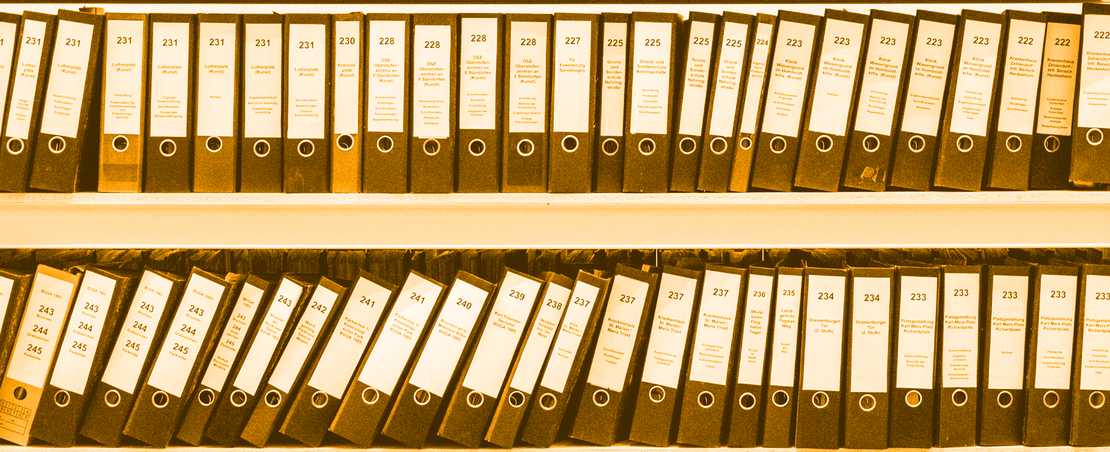
Given the importance of data infrastructure, countries should be looking to strengthen it. One of the ways that countries can strengthen their data infrastructure is through legislation.
France has recently been exploring legislation for open data whilst the UK is looking at new data sharing legislation.
We’ve been wondering what legislation for both data infrastructure and open data might look like.
By Peter Wells
Potential data infrastructure and open data legislation
All countries have existing data legislation, policies and governance and are likely to have more planned. Any new legislation for data infrastructure and data assets will have to interact with these. Hopefully it would clarify them. There is a list of some of the data legislation in the UK further down this post.
Our initial ideas for data infrastructure legislation clearly do not cover all of the data-related legislation that countries should have. Freedom of information, data sharing and data protection legislation are important too.
We believe that a first legislative step would be to define data infrastructure and what it means for data to be part of data infrastructure; designate some assets as data infrastructure, including some as open data; and define a set of responsibilities for the organisations that operate, maintain and provide oversight for all data assets in the infrastructure.
Such legislation would:
Define a set of roles and responsibilities around data infrastructure assets such as data collectors, maintainers, publishers and regulators. It would give basic requirements for the responsibilities of each of these roles (eg that publishers must make the data available in machine-readable form) but provide for future flexibility by stating that standards and guidelines will be specified through separate materials published outside legislation.
Define what it means to be open data within the data infrastructure, what additional roles and responsibilities this incurs, and what kinds of data should be designated as open data. Not all data infrastructure assets will be designated as open data infrastructure assets. For other data infrastructure assets it should be specified what the sharing regime is for those assets.
Provide a legislative framework that enables someone (for example the Minister from the department responsible for the data, or a Chief Data Officer) the power to designate a particular dataset as being a data infrastructure asset using secondary legislation. This enables the list of data infrastructure assets to grow over time. Primary legislation would need to define what secondary legislation needs to say about data assets. For example, secondary legislation might define spending data as data infrastructure. It would need to state what items are included (eg the granularity of the spend items), what information about them must be provided (eg the category of the spend), and under what access regime (eg that it should be published openly). Legislation should not include technical details such as the format in which it should be published because technical best practice is likely to change.
Designate certain assets as data infrastructure assets and indicate who the collector, maintainer, publisher, access regime, and so on are for each of those assets. These would fall into three general categories:
- classes of materials, such as public records and national statistics
- existing data infrastructure assets defined by legislation, including various registers where there is already a designated registrar
- new data infrastructure assets which have been mandated by policy as part of the government’s open data initiative, such as spending data or election data
Set some limits about the removal of data assets from the list of data infrastructure assets, eg that changes to their status (both whether they are listed or not and what their access regime is) can only happen with at least a year’s notice. This ensures that businesses can expect and rely on stability from data assets listed within the data infrastructure.
Existing legislation for one jurisdiction
When composing our initial draft ideas we particularly considered the jurisdiction that we are most familiar with: the UK. In the UK a list of data legislation would include:
- the Public Records Act
- the Statistics and Registration Service Act
- the Freedom of Information Act (FOI)
- the Data Protection Act (DPA)
- the Environmental Information Regulations (EIR)
- the Reuse of Public Sector Information (PSI)
- the INSPIRE regulations
Many other pieces of legislation exist that impact on the UK’s data infrastructure. To give just one example the Companies Act 2006 provides the most recent legislation for the publication of data on UK registered companies.
Alongside this data legislation there are policy statements for open data. Policies exist at many levels of government, for example:
- https://www.england.nhs.uk
- http://www.local.gov.uk
- http://news.camden.gov.uk
Policy is useful but legislation provides a level of reliability for data publishers and consumers that policies cannot.
What do you think data infrastructure and open data legislation should look like?
We believe that the cities, countries and even continents that build the best and most open data infrastructure will have an enormous advantage in the 21st century economy. We believe that legislation is one of the ways to strengthen data infrastructure.
What do you think? Do you know of existing legislative models for data infrastructure and open data? Do you have other ideas for how governments should start building legislative models for data infrastructure and open data?
Share your thoughts in the comments, send us an email to [email protected], drop us a link to your blog or tweet us with your thoughts @ODIHQ.